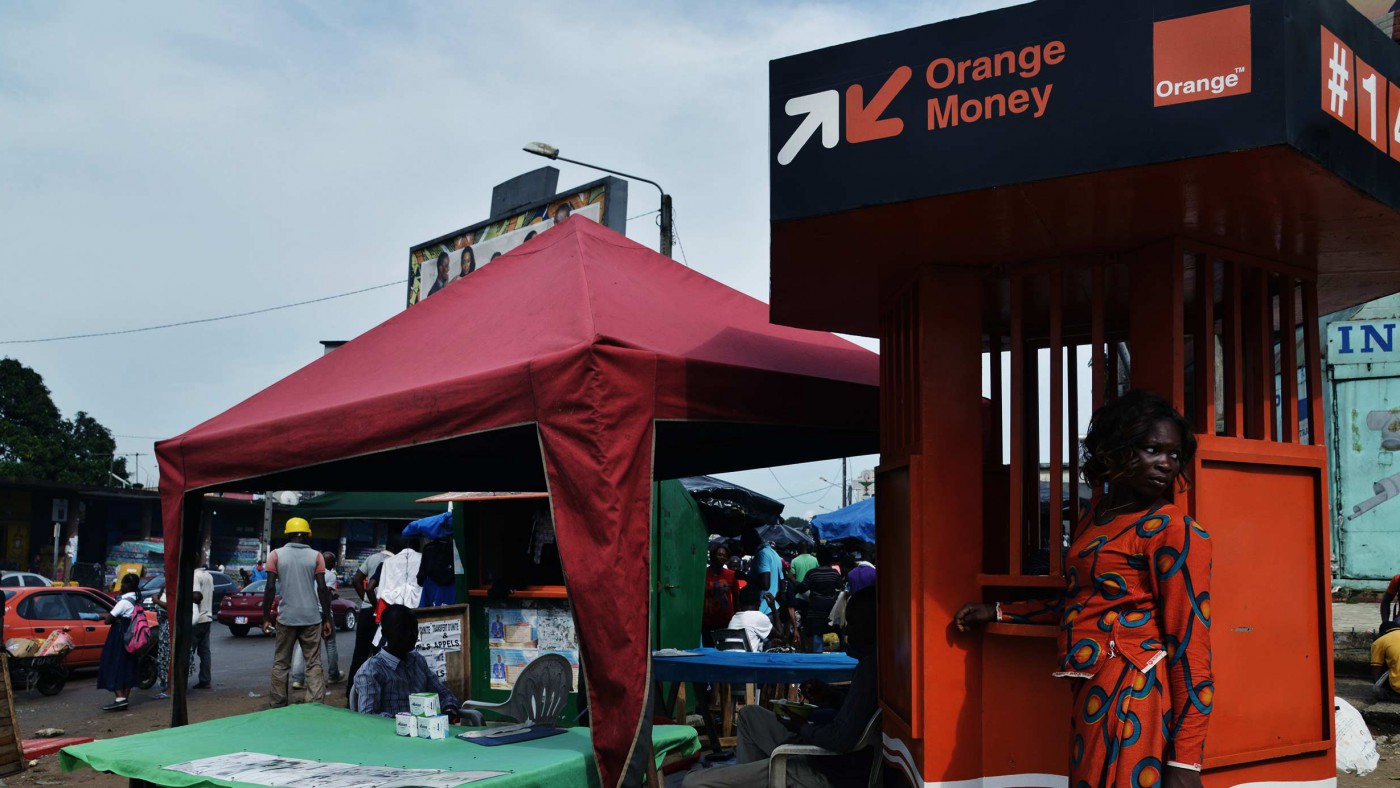There has been no lack of coverage of the mobile banking revolution that has been gathering ground in Africa for some time now and the inroads it has made into demographics that were long considered ‘unbankable’. But the reality is that mobile technology offers far more services and has helped people in far more ways than simply allowing them to send and receive money using their phones (which in itself is already a cheaper and less logistically demanding improvement on previous methods).
The most successful mobile payment platform thus far, M-Pesa (Swahili for m-money), was launched in Kenya by Safaricom (40% owned by Vodafone) in 2007. The service that began as a pilot program aimed at helping people repay micro-loans has exploded in popularity and now has over 19 million users, as well as an increasing number of competitors ranging from other mobile companies to banks trying to get in on the mobile money action. To date M-Pesa is active in 10 countries.
That being said, mobile banking is but one facet of the mobile technological advancements that are thriving across the Africa, improving the lives and fortunes of individuals and communities the continent over. By conservative estimates, as many as 75% of people in Sub-Saharan Africa own mobile phones, whereas only 24% have access to electricity (which is inevitably prone to blackouts and power-cuts). It is therefore not surprising that mobile phones and mobile technology have come to be seen as the perfect medium to ‘leap-frog’, as it were, and make up for the shortcomings and lack of infrastructure.
Mobile technology, which has benefitted from the improved infrastructure, technology and platforms pioneered by mobile banking, is having positive impacts on health, agriculture, good governance and entrepreneurship, to name but a few fields. On the health front, applications and services such as mPedigree, which allows users to text a medication’s serial number and receive near instant confirmation whether it is authentic or not, have saved countless lives and helped tackle the very real and pervasive issue of counterfeit medication across the continent. The SMS for life platform helps rural medical facilities prevent ‘stock-out’ of certain drugs, not only by providing a platform and streamlined process for stock-taking and ordering in medication, but also by providing data to help predict spikes in demand. It too has had a tremendous impact in preventing deaths from curable disease.
Mobile technology is also taking on the challenging mission of improving good governance. Projects such as Mobile Parliament and Mzalendo in Tanzania and Kenya respectively allow concerned citizens to keep tabs on their parliamentarians, through publically available profiles and fact sheets, and being able to listen in on live debates taking place. In a similarly civic vein, BareFootLaw in Uganda is trying to overcome the language and literacy gap that leaves many unaware of their rights or laws and regulations by providing legal aid and advice to over 150 000 Ugandans through social media.
On the agricultural front, an initiative introduced by Akinwumi Adesina (now president of the African Development bank) while he was Nigerian minister of agriculture, created a system of e-vouchers for farmers to purchase subsidised fertilizer and seeds, thus cutting out the distributors who were notorious for pocketing most of the subsidies they were supposed to be handing out. Additionally, there are a number of apps keeping farmers up to date on information ranging from market prices, to avoid being ripped off by unscrupulous middle-men, and new farming techniques to weather warnings such as Kenya Nut and Sarura helping Rwandan coffee farmers have their voices heard.
Mobile products developed in Africa have also spread beyond the continent and have found a receptive market in the developed world. The crowd sourcing social activism platform Ushahidi, developed in the aftermath of the 2007 post-election violence in Kenya, has since been used to map and provide aid in disaster zones in Australia, New Zealand and the United States, to name but a few. And to return to mobile banking, M-Pesa launched last year in Romania.
Such a large uptake and broad diversity of electronic products is a testament to the ingenuity and innovation of African coders and software designers and has fostered a strong marketplace for these goods and services. While it would be naïve to assume for even a second that all the continents woes are one mobile application away from being solved, the proliferation of such grassroots and organic free market enterprises aimed at improving lives, reducing the barriers to doing business in such an imaginative way bodes well for the future of development in Africa.


